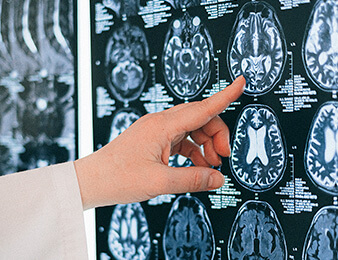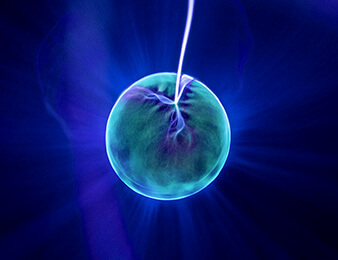Medical Treatment
Drugs prescribed by doctors for the treatment of epilepsy do not offer a cure for the condition but a means for controlling seizures; and do so for a lot of people. Every effort will be made to use just one drug (Monotherapy) but quite often more than one drug has to be used (Polytherapy) to control the seizures.
Epilepsy drugs are no different than any others in so much as they do sometimes cause unwanted side effects. Your doctor will explain this to you and ask you to keep an eye out for any of these. Very often it is a question of “horses for courses” and a drug that may suit one person may not suit another.
Adherence
The most important issue is to take the medication as and when directed. Do not be tempted to alter the dose yourself. If you have been seizure free for many years you may be offered the opportunity to withdraw drugs. Such withdrawal is a very precise science and must be done under the close supervision of your doctor.




